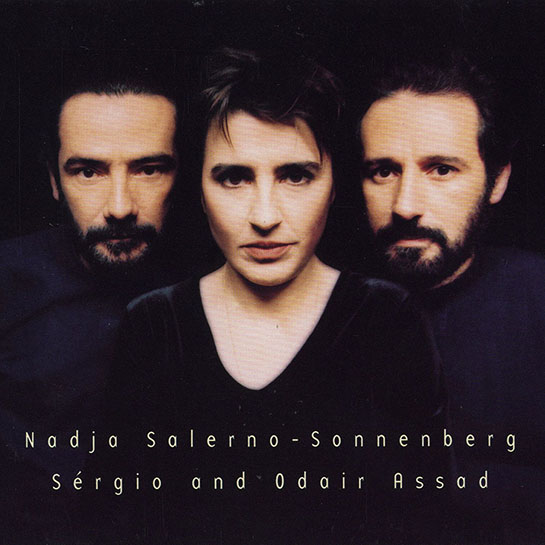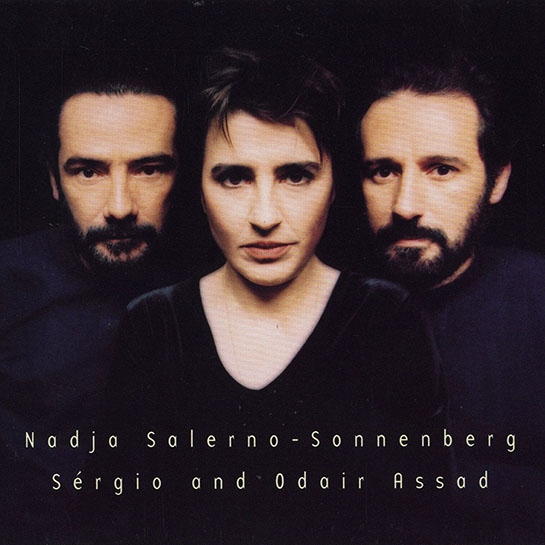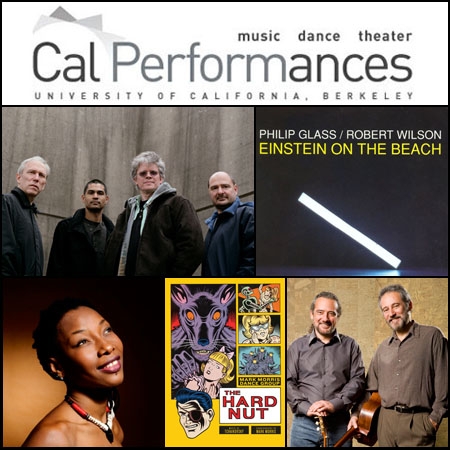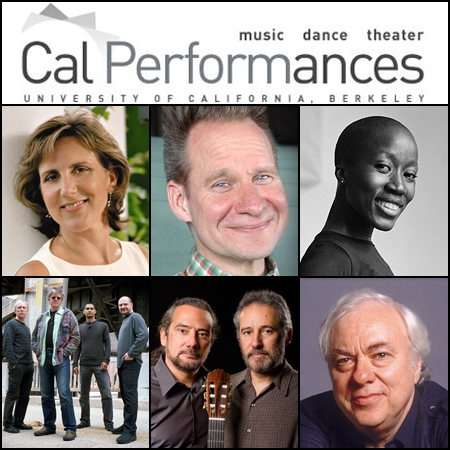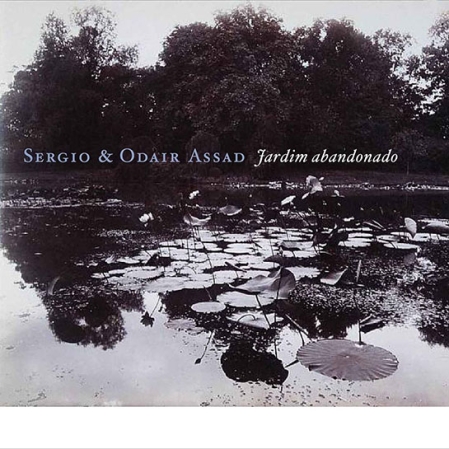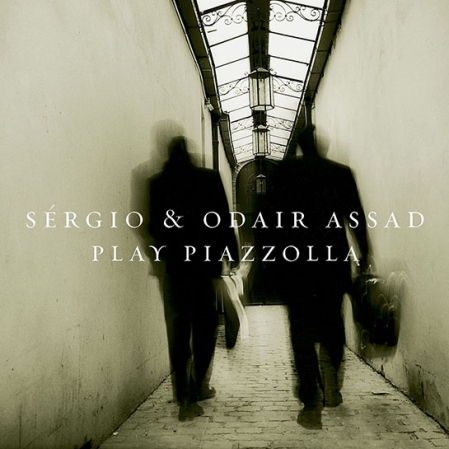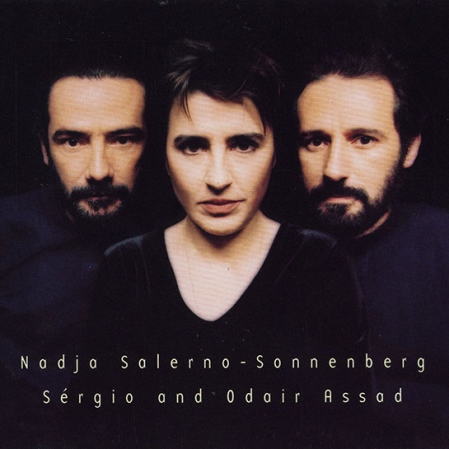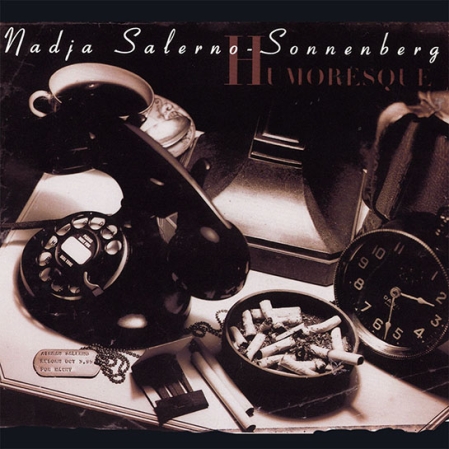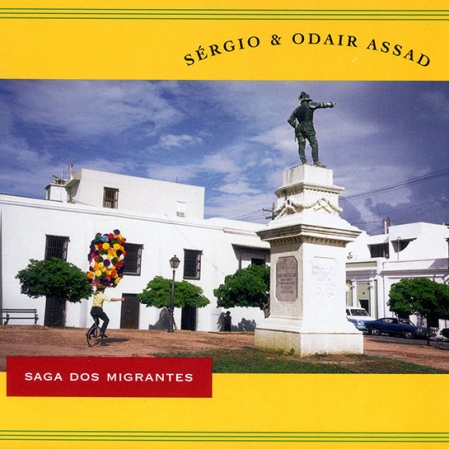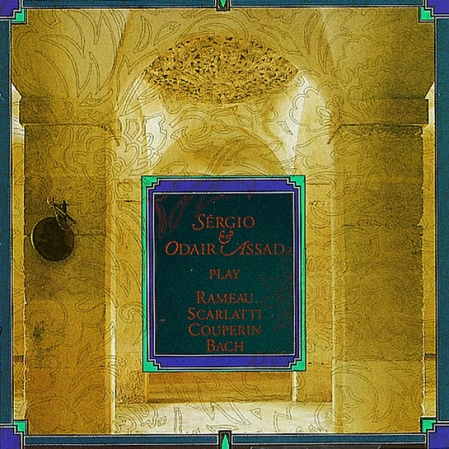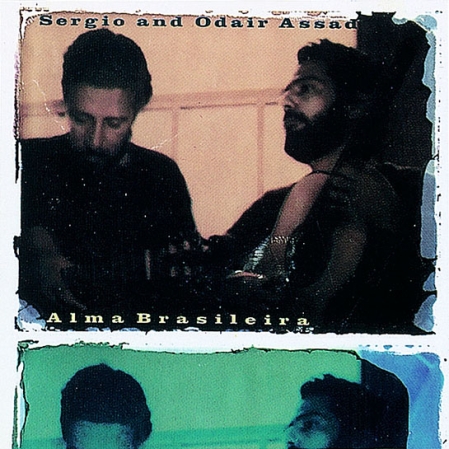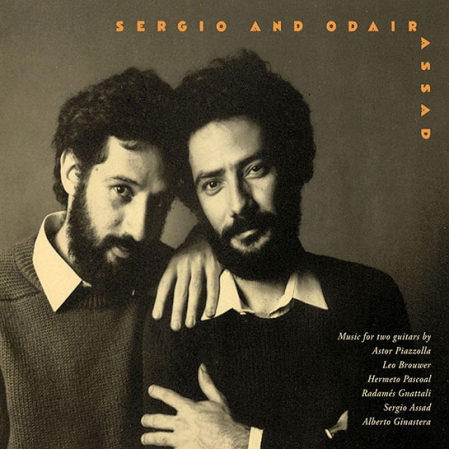Violinist and flamboyant performer Nadja Salerno-Sonnenberg joins the Assad brothers on these sophisticated, sensual pieces, inspired by European Gypsy music. Says the Wall Street Journal, “The mood throughout is contemporary—Gypsy tradition is approached without sentimental nostalgia.”
In a partnership born of mutual artistic admiration, Nadja Salerno-Sonnenberg and Sérgio and Odair Assad join forces on disc. On their first recording together, the violinist and guitarists explore the rich musical tradition of the Gypsies, which has left its mark on indigenous music from Russia to Spain, and in the process illustrate its infinite adaptability to musical time and place.
Following a joint concert in the early '90s, Salerno-Sonnenberg and Sérgio and Odair Assad eagerly sought another opportunity to make music together. Sérgio Assad had long desired to record an album of Gypsy music; Salerno-Sonnenberg quickly signed on. Repertoire selection happened via fax and jam sessions among the three artists, wedged over time into busy touring schedules. Written and arranged by Sérgio Assad with the exception of one track, the featured works on the recording follow in a tradition that extends back to 19th- and early 20th-century classical music by such composers as Brahms, Liszt, Saint-Saens, and Ravel, who were drawn to the Gypsy idiom. Salerno-Sonnenberg has remarked on their level of difficulty and the care taken to integrate her violin, a much louder instrument than guitar, to achieve the right balance. The album, recorded July 1998 in Aspen, presents music inflected with the accents of the Middle East, Spain, Eastern Europe, and Russia—in a fantasy on the familiar “Dark Eyes.” The adaptation of Gypsy music into jazz form is also evidenced here, with the inclusion of “Nuages,” a tune by the influential jazz guitarist Django Reinhardt, who grew up in a Gypsy camp outside Paris.
Nadja Salerno-Sonnenberg, who began her performance career in 1981, was honored in 1999 with the prestigious Avery Fisher Prize, and also performed at the White House for the Arts & Humanities Awards. Her first recording for Nonesuch, music from the 1947 film Humoresque, was called “stylish from the first note to last" by the New York Times, "a personal triumph and a valuable historical document.”
Described as having a “supple, flawlessly unified sound” by the New York Times, Sérgio and Odair Assad began playing guitar together as young boys, encouraged by their father, a mandolin player. By the time they were teenagers, their prowess brought them to Rio de Janeiro and study with Monina Tavora, a student of Segovia. Nonesuch recording artists since 1985, the Assads have released albums with repertoire ranging from keyboard transcriptions of works by Scarlatti, Couperin, and Bach to the works of Brazilian and Latin American composers like Argentina’s Astor Piazzolla.
PRODUCTION CREDITS
Produced by Karen Chester
Recorded July 26-31, 1998, at the Joan and Irving Harris Concert Hall at Aspen Music Festival and School
Additional recording at Manhattan Center Studios, New York City
Engineered by Tom Lazarus
Mastered at Classic Sound, Inc.
Assistant Engineer: Marc Stedman
All compositions by Sérgio Assad, except track 8 by Django Reinhardt, arr. Sérgio Assad. Track 1 based on Los quatro muleros, track 2 on Russian traditional, track 6 on Hungarian traditional, track 7 on Macedonian traditional, track 9 on Transylvanian traditional.
Design by John Gall
Photographs by Marina Chavez
Executive Producer: Robert Hurwitz
79505
MUSICIANS
Nadja Salerno-Sonnenberg, violin
Sérgio Assad, Odair Assad, guitars
Jamey Haddad, percussion (1,3)
